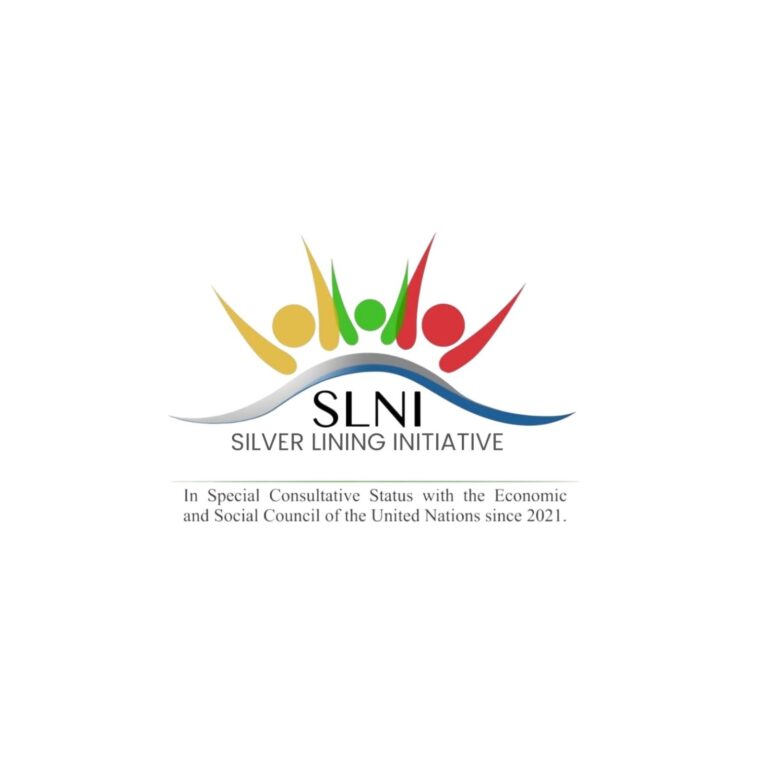This is a demo store for testing purposes — no orders shall be fulfilled. Dismiss

Introduction:
On January 10th 2024, The Enlightenment and Empowerment of Northern Women Initiative (EENWI)In collaboration with Silver Lining for the Needy Initiative distributed 100 sterile birth Giginyu community sterile birth kits to pregnant women accessing healthcare services at Giginyu Primary Healthcare facility. This was carried out in an attempt to improve maternal and child health at birth. This report outlines the successful distribution process and its impact.
Distribution Process:
1. Planning and Coordination: EENWI collaborated with healthcare authorities at Giginyu Primary Healthcare to plan the distribution process. This involved identifying the target population, estimating the number of kits required, and scheduling distribution sessions.
2. Community Engagement and Awareness: Prior to distribution, EENWI conducted community sensitization campaigns to raise awareness about the importance of safe childbirth practices and the availability of sterile birth kits. Information sessions were held to educate pregnant women and their families on how to use the kits effectively.
3. Distribution Session: Distribution sessions were organized at Giginyu Primary Healthcare facility, conveniently timed to coincide with antenatal care visits. Pregnant women attending antenatal clinics were provided with sterile birth kits free of charge. Trained healthcare personnel demonstrated the use of the kits and addressed any questions or concerns.
Impact and Outcomes:
1. Increased Access to Safe Childbirth Supplies: The distribution of sterile birth kits ensured that pregnant women had access to essential supplies necessary for hygienic childbirth, reducing the risk of infections and complications during delivery.
2. Empowerment of Women: By providing pregnant women with birth kits, EENWI in ln collaboration with SLNI empowered them to take ownership of their maternal health and childbirth experience. Women felt more prepared and confident, knowing they had the necessary supplies for a safe delivery.
3. Reduction in Maternal and Neonatal Mortality: The provision of sterile birth kits contributed to a reduction in maternal and neonatal mortality rates in the Giginyu community. By promoting safer childbirth practices, the initiative helped prevent complications and adverse outcomes during delivery.
4. Community Engagement and Awareness: The distribution of birth kits was accompanied by community engagement activities, fostering a sense of awareness and responsibility towards maternal and child health. This grassroots approach promoted long-term behavior change and sustainability.
Conclusion:
The successful distribution of sterile birth kits at Giginyu Primary Healthcare, as part of the Enlightenment and Empowerment of Northern Women Initiative, exemplifies the positive impact of community-driven interventions in improving maternal and child health outcomes. By providing pregnant women with essential supplies and empowering them with knowledge, the initiative has made significant strides towards ensuring safer childbirth practices and reducing maternal and neonatal mortality. Continued support and collaboration are essential to sustain these gains and further enhance healthcare delivery in the community.
Silver Lining Initiative (SLNI) is an indigenous non-profit Organization established in 2009 to promote the spread of humanitarian aid through its broad spectrum of projects and activities.
+234 807 496 7427
info@slni.org
Maitama, FCT 904101,Abuja
© 2026 Silver Lining Initiative – All rights reserved
This is a demo store for testing purposes — no orders shall be fulfilled. Dismiss